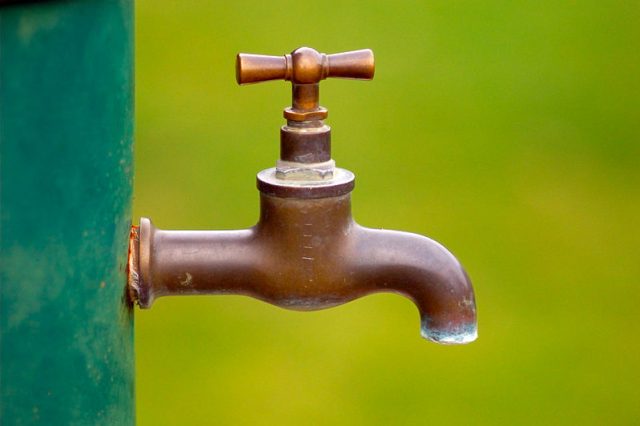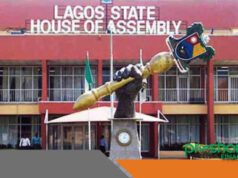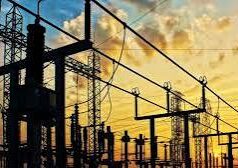
The Federal Government has said that it would provide water and sanitation facilities for Sasa community in Akinyele Local Government Area of Oyo State to prevent outbreak of water-borne diseases.
Deputy Director, Water, Sanitation and Hygiene (WASH), Response and Collaboration, Federal Ministry of Water Resources, Baba Galadima, made this known in an interview with journalists, in Abuja, on Tuesday.
He also said that four local government areas in Kebbi had been targeted for intervention in 2018, as part of efforts to expand the people’s access to water, sanitation and hygiene.
He said that the local councils were Bunza, Maiyama, Jega and Zuru, adding that there were confirmed cases of cholera in Sasa community in Oyo State in 2016, with some casualties.
He said that the ministry would construct ing pour-flush toilets, which relied on the use of minimal water, in the neighbourhood to facilitate the cessation of open defecation, while improving the people’s lives through enhanced access to potable water.
He said that the water supply department of the ministry had promised to drill boreholes with hand pumps for the community.
The deputy director said that part of the strategy was to ensure that, as the water was pumped from the boreholes, the same energy would be used to store water for toilet use.
Galadima said that the ministry and some development partners had carried out a sanitation survey of Sasa community and found out that the residents were living in a very filthy environment.
He said that the ministry had been receiving reports of cholera outbreak in the area in the last seven years.
He said that the outbreaks were also confirmed by the Director of Disease Control in Oyo State Ministry of Health.
“The ministry has carried out WASH assessments in the community and it found that sanitation and hygiene practices in the neighbourhood were quite low.
“Faeces were seen all over the place and the community had no access to potable water; the lack of water also compounded the problems they were facing,’’ he added.
Galadima stated that it was saddening to note that the community members, mostly settlers, paid taxes, but they were, nonetheless, denied access to basic water and sanitation facilities.











